A diet rich in calcium and vitamin D is the secret to having healthy and strong bones. Calcium strengthens bones and teeth, while the Vitamin D enhances calcium absorption and bone growth.
These nutrients are important in childhood and old age. A large amount of calcium and vitamin D in the body prevents fractures and the development of osteoporosis, a disease characterized by bone fragility.
The World Health Organization recommends daily doses of calcium to develop and maintain a strong skeletal system:
For children and adolescents:
- 0-6 months – 300 – 400 mg/day
- 7-12 months – 400 mg/day
- 1-3 years – 500 mg/day
- 4-6 years – 600 mg/day
- 7-9 – 700 m/day
- 10-18 years – 1,300 mg/day
For women:
- 19 years until menopause – 1,000 mg/day
- menopause – 1,300 mg/day
- during pregnancy – 1200 mg/day
- during lactation – 1,000 mg/day
Men aged 19 to 65 need 1,000 mg of calcium daily, and those over the age of 65, 1,300 mg/day.
Here’s a list of ten foods that can get this important nutrient in your body.
1. Green vegetables
Usually we thing that just dairy products contain calcium, but fortunately for those with lactose intolerance, green veggies are a great source of calcium. Turnips, Chinese cabbage, broccoli, cabbage, watercress, spinach, parsley are a great alternative for those who don’t like or cannot have dairy products. Marine algae are not to be ignored, since specialists have identified them as an important source of calcium. A cup of chopped herbs can bring an intake of 200 milligrams of calcium.
2. Dried fruits, nuts, seeds (always raw)
Do not forget to include in your diet dried figs, dates, oilseeds (especially walnuts, pistachios, sunflower seeds, almonds and Brazil nuts) which contain significant amounts of calcium. Also, sesame or poppy seeds can be added in your morning cereal for an added calcium source.
3. Sardines
Remember that a serving of canned sardines (about 85 grams) provides you more calcium than a cup of milk. Yes, those little bones that we find in sardines are what your body needs to ensure its daily requirement of calcium. They are delicious in salads or pasta.
4. Soy products
Half a cup of tofu pieces can bring you an intake of 285 milligrams of calcium. Try to eat different soy products, depending on your preferences. But do not overdo it with them because they have isoflavones which can have estrogen- like action.
5. Salmon
Salmon is a super food because it contains both calcium and vitamin D, so you get both a good amount of calcium, while insuring its absorption in the body. A perfect choice for dinner: a serving of broccoli with baked salmon. Let’s not forget that salmon is a great source of Omega -3 fatty acids which are good for the health of the heart.
6. Eggs
Eggs contain only 6% of the required daily amount of vitamin D, but they are the most common food for including calcium in your diet. Some people are afraid of egg yolks because they contain a lot of fat but keep in mind that is healthy fat. So, next time you ask for an egg-whites omelet, think again, because all the nutrients and vitamin D is found in yolk.
7. Dairy products
And we have arrived to the best known source of calcium: dairy products. Yogurt, milk and cheese should be part of a balanced calcium diet, but make sure you don’t exaggerate with their consumption. They are a great option for a healthy breakfast to help you start the day properly, but keep in mind that dairy products contain fat. So make sure you choose low fat ones in order to get the benefits for your bones and not risk gaining weight.
8. Cereals
Fortified cereals contain up to 25% of the daily dose of vitamin D. If you busy lifestyle doesn’t allow you to spend a lot of time in the kitchen, cereals represent the fast alternative to including important nutrients in your diet.
9. Orange juice
There is no calcium or vitamin D in orange juice, but it helps absorb these nutrients in your body, though ascorbic acid. Something that you probably didn’t know about orange juice is that it reduces the contraceptive effects of birth-control pills, so make sure you talk to your doctor about this issue.
10. Tuna
Tuna is another oily fish that is an excellent source of vitamin D. 85 grams of canned tuna contains 154 units of vitamin D.

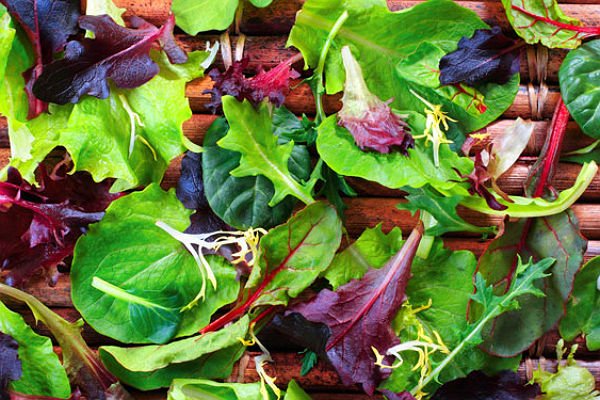
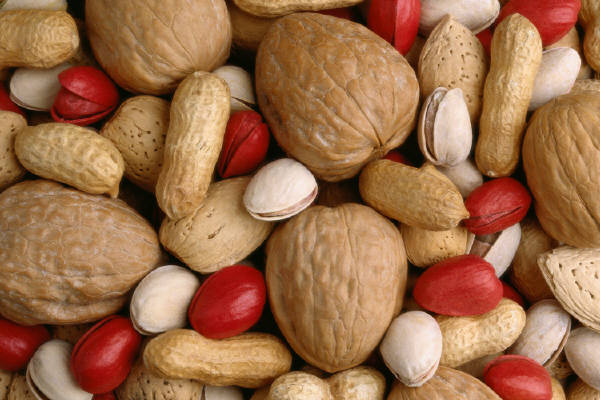

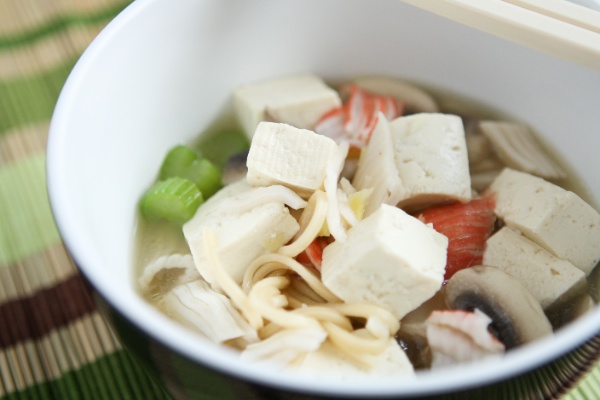


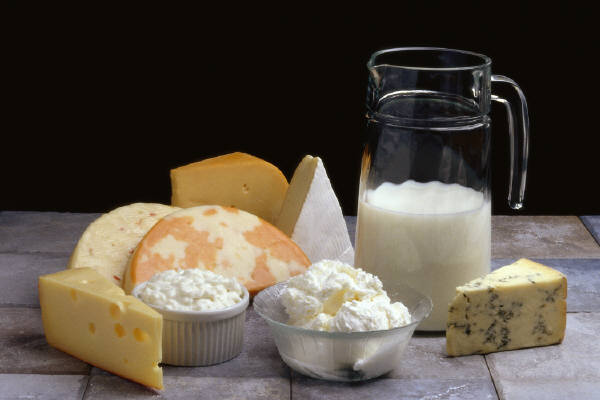
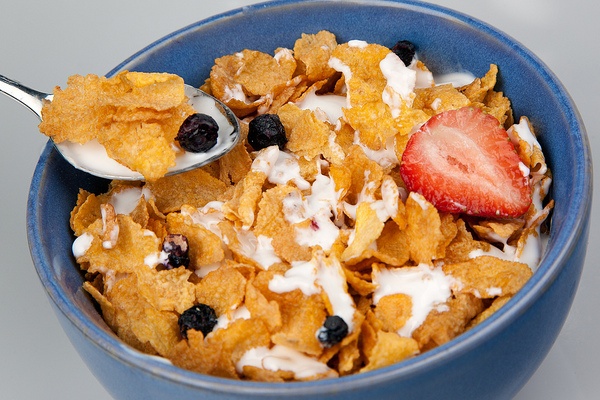

Leave a Reply